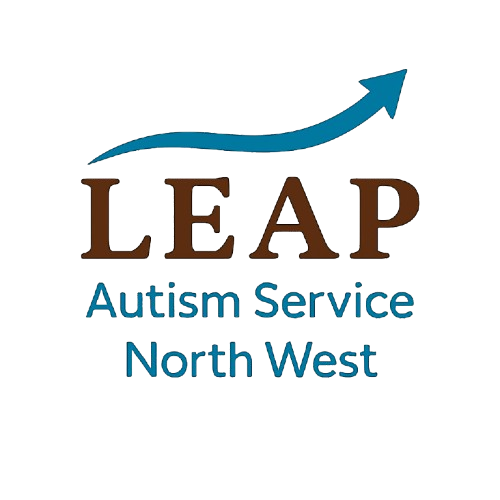Paracetamol doesn’t cause autism, but misinformation is certainly giving me a headache.
You may have heard talk in the press this week claiming that Tylenol (Paracetamol for us Brits) use during pregnancy causes a ‘very increased risk of autism’. In one of his most eyebrow raising moment to date, President Donald Trump made the claim during a White House press event on Monday. He even went as far as to advise pregnant women to ‘tough it out’ and avoid Paracetamol altogether.
The Claim: Bold, Baseless, and Baffling
Trump’s assertion that the FDA would soon issue guidance warning against Tylenol use during pregnancy was news to everyone, including the FDA (The Food and Drug Administration or the US equivalent of the Medicines and Healthcare products Regulatory Agency that we have in the UK). No such guidance exists, and no credible medical body, either in the US or the UK has endorsed this claim. Paracetamol has long been considered one of the safest pain relievers for pregnant individuals when used as directed. So where is this coming from? A few cherry-picked studies, a dash of pseudoscience, and a whole lot of political bravado.
What the Science Actually Says
Yes, there have been studies looking into possible links between paracetamol and neurodevelopmental outcomes. But they’re far from conclusive. Most experts agree there’s no proven cause-and-effect relationship between paracetamol and autism. These studies raise questions, not alarms, and they certainly don’t justify sweeping public health claims.
Dr. Allison Bryant, a high-risk obstetrician at Massachusetts General Hospital, summed it up: ‘None (of the studies) clearly show any cause and effect.’ Translation: Trump’s claim is about as medically sound as using essential oils to treat a broken leg.
UK Health Secretary Wes Streeting didn’t mince words in response to Trump’s remarks either. Speaking to ITV, he urged the public to ‘not pay any attention whatsoever’ to the claim, stating clearly: “There is no evidence to link the use of paracetamol by pregnant women to autism in their children—none.” He cited a major Swedish study involving 2.4 million children that found no link between the drug and the condition. His advice? Don’t even take his word for it—listen to British doctors, scientists, and the NHS.
The Real Danger: Misinformation with a Megaphone
The most alarming part of this saga isn’t the claim itself, it’s the platform it was given. When a sitting president makes sweeping medical pronouncements without evidence, people listen. And when those pronouncements contradict decades of research, the consequences can be serious.
Untreated pain and fever during pregnancy can harm both mother and baby. Discouraging safe treatment options based on flimsy science is irresponsible and dangerous.
Conclusion: Facts Matter More Than Soundbites
Autism is a complex condition with roots in genetics and early brain development. It cannot be boiled down to a single cause, and certainly not to a common over-the-counter painkiller. Oversimplifying the science does a disservice to autistic individuals and their families, and spreads confusion where clarity is needed most.

